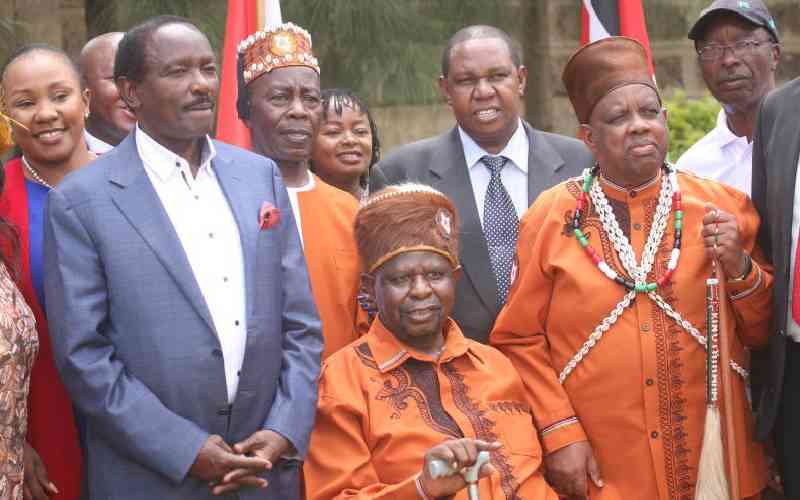
The epilogue to President William Ruto's Madaraka Day speech in Bungoma last week was unconvincing. To paraphrase, Dr Ruto averred that his government will not condone politics of tribalism and personality attacks.
His warning might have been induced by heightened tension within the government, specifically within his United Democratic Alliance party. It doesn't help that even as the wrangling, name-calling and bad blood deepen, Ruto is yet to call his lieutenants to order. Theirs is a free-for-all epithet contest between the 'sons of Mau Mau', 'elevated MCAs', former 'touts' and 'fake degree' holders.